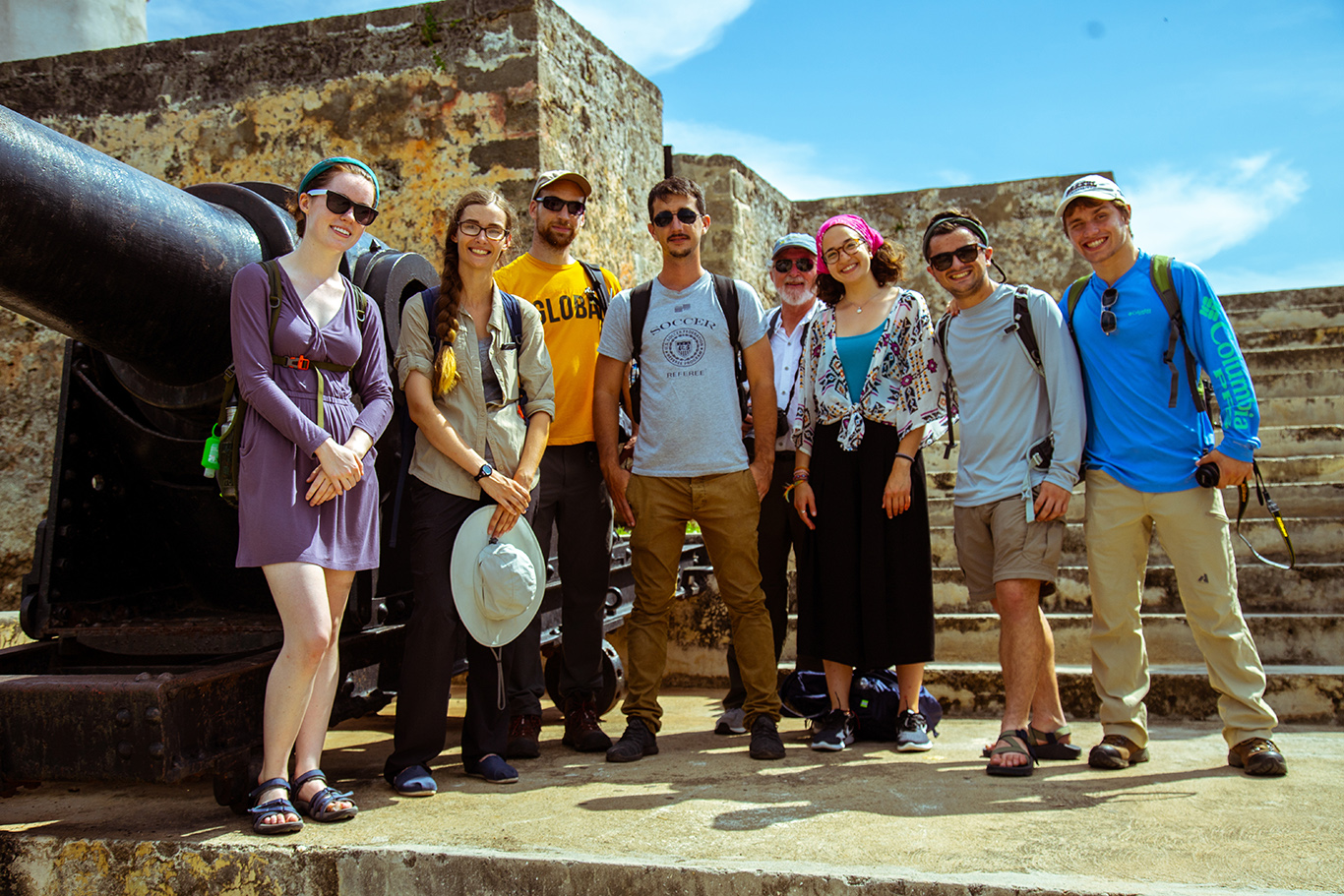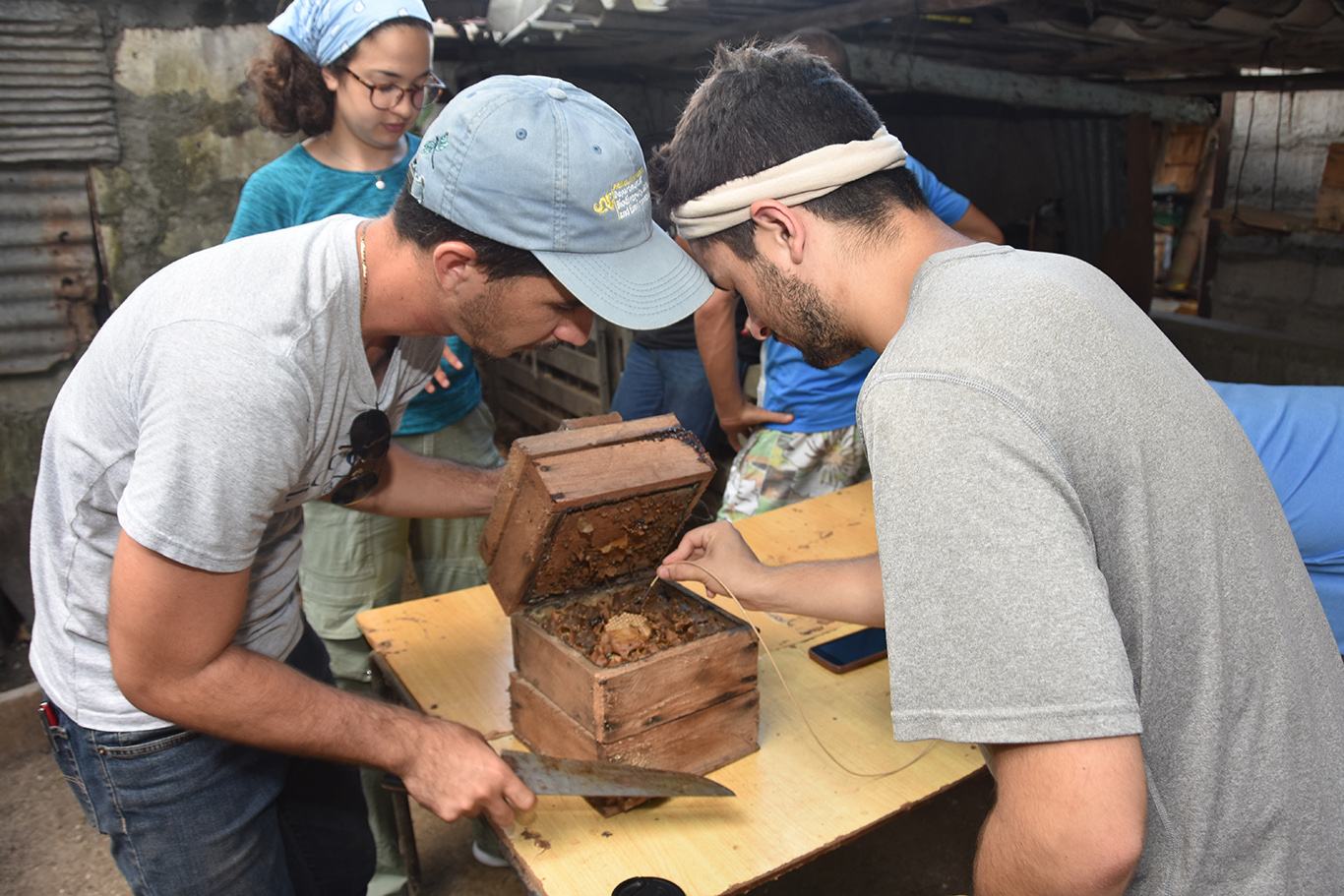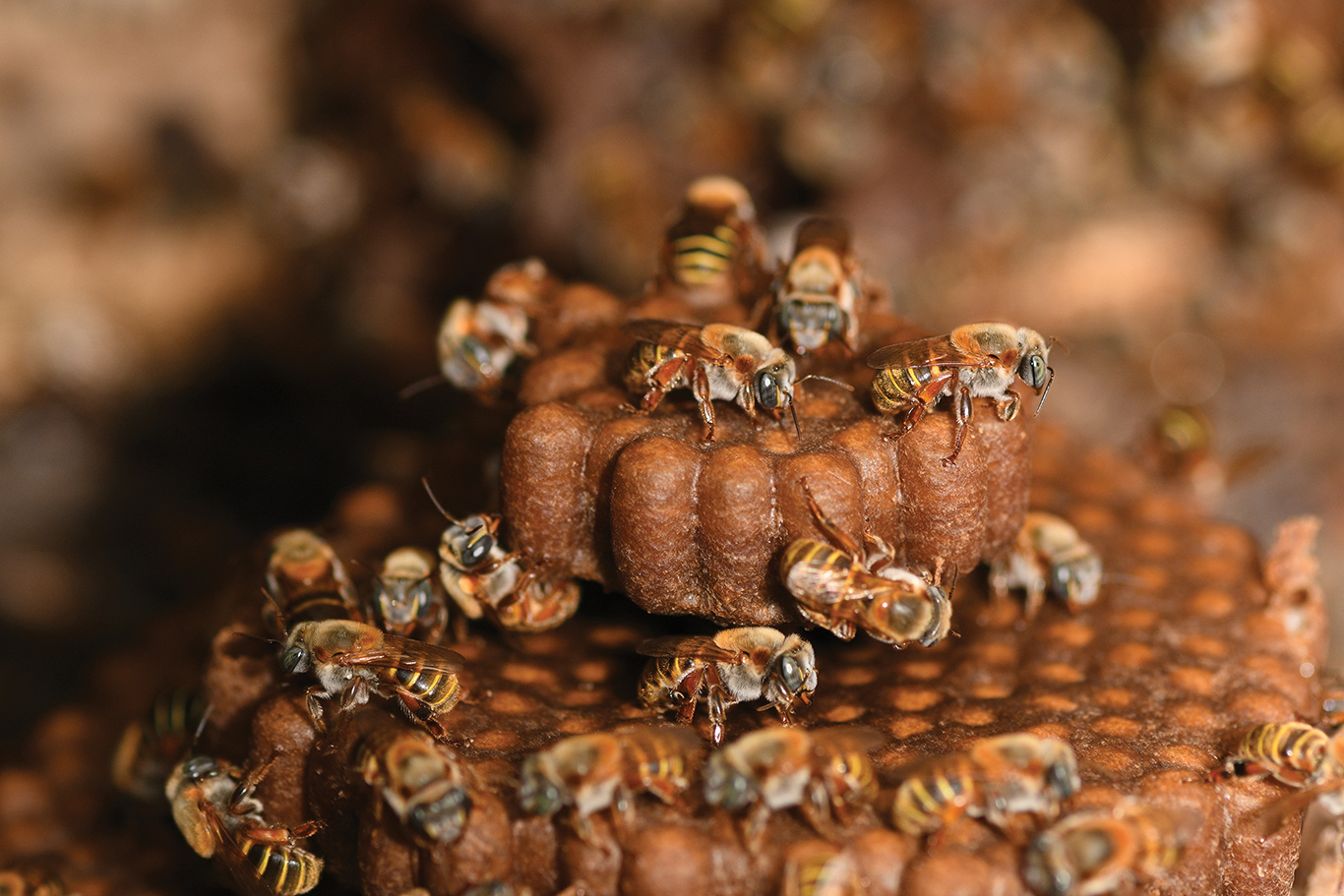
This past summer, a group of Drexel University faculty and students traveled to Cuba to study a particular type of honeybee, but also learned about themselves along the way as they immersed themselves in the local culture and community.
The group, led by Dr. Dane Ward, are all part of the Department of Biodiversity, Earth & Environmental Science at Drexel. Their research goal was to investigate a type of stingless honeybee, Melipona beecheii, and its ecology. Student projects ranged from surveying the best location for a new colony of bees to exploring how the bees regulate their body temperature. Perhaps the most significant result of the experience, however, was the group’s unique opportunity to engage with the local Cuban community.
Despite the long history of tense American-Cuban relations, the group found the people they encountered were more than welcoming.
“The generosity and the warmth we experienced while we were there is something that I had never felt in an academic setting,” environmental engineering student Margaret McCurdy said. “We only lived with our first casa mom for two weeks, but she cried when we left because we were so bonded with her. Every person we met wasn’t just a colleague, they were also our friends.”
The group’s research heavily relied on field work, which meant that they often needed to enter people’s property to access the bees they were studying. However, they found that the community happily accepted them into their homes to allow them to conduct their studies.

“While most people would be protective of their things, we had folks who were making us coffee or home remedies for our colds. We were just doing research and they just wanted to make sure we were still going,” Ward said.
One of the primary initiatives of the program was to develop the students as global citizen scientists. These are researchers who don’t just look for data and results in the field, but who also take the time to engage with the community where they work.
“There’s the 9 to 5 time — that’s the science time — when you’re in classes or meetings, and then there’s the 5 to 9 and then some. The second leg of the day is just as significant as the first part. In fact, I think it’s the only part of significance. If you stopped at 5 p.m. and removed yourself from the culture and the people, you didn’t embrace someone else’s culture,” Ward said.
Although it may seem like working eight hours a day and then investing another significant portion of the day to cultural immersion would be exhausting, the students had nothing but positive things to say about their time there.
Though Serena Joury, majoring in environmental science and product design, had little to no experience speaking Spanish, the official language of Cuba, she had no problem communicating.
“The language barrier, although you would assume it would be a big issue, it really wasn’t in retrospect,” she said.
Although there are no plans for this summer to send another research group due to funding limitations, Ward still plans to maintain the partnership between Drexel and the Universidad de Cienfuegos, the host institution in Cuba. One of the lead professors on the research project at Cienfuegos is planning on visiting Drexel to learn about how to perform a high-powered genetic study using lab techniques.
However, Ward hopes that in the future, he can bring a diverse group of students back to Cuba to continue both the research project and to teach students how to be global citizen scientists.
Ward’s research team would not have been able to have this experience without the support of the Office of Undergraduate Research, the Office of Global Engagement, and the Department of Biodiversity, Earth & Environmental Science at Drexel University.

